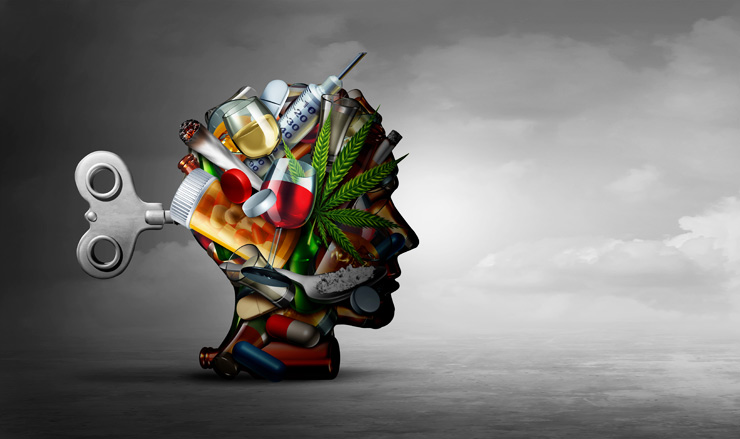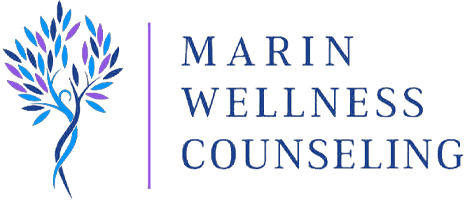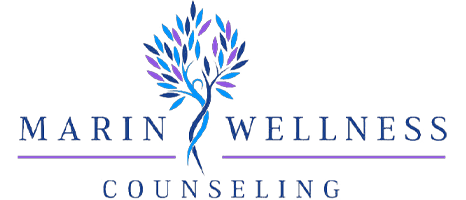Understanding Addiction

Introduction
Several Therapists on staff have experience working with addiction, substance abuse issues.
Addiction is a complex and pervasive issue that affects millions of people around the world. It doesn’t discriminate based on age, gender, or socioeconomic status, and its impact can be devastating on individuals and their loved ones. But what exactly is addiction, and how can it be treated? In this blog post, we’ll delve into the concept of addiction, its underlying causes, and the various treatment options available to help individuals on their journey to recovery.
Defining Addiction
Addiction is a chronic, relapsing disorder characterized by the compulsive seeking and use of a substance or engagement in a behavior despite negative consequences. It’s important to note that addiction is not simply a matter of willpower or moral failing. It is rooted in changes that occur in the brain over time, affecting a person’s ability to control their impulses and leading to intense cravings.
Causes of Addiction
While the exact causes of addiction can vary, there are several common factors that contribute to its development:
- Genetics: Genetic predisposition plays a significant role in addiction susceptibility. Individuals with a family history of addiction are at a higher risk.
- Brain Chemistry: The brain’s reward system is involved in addiction. Repeated use of substances or engagement in addictive behaviors can lead to changes in brain chemistry that reinforce the desire for more.
- Environment: Environmental factors, such as peer pressure, trauma, stress, and availability of substances, can greatly influence the likelihood of developing an addiction.
- Mental Health: Underlying mental health disorders, like depression, anxiety, or trauma, can increase the risk of addiction as individuals may turn to substances or behaviors to cope.
Treatment Options
Fortunately, there are various treatment options available for individuals struggling with addiction. These options can be tailored to the individual’s specific needs and circumstances. Here are some common approaches:
- Detoxification: This is often the first step in addiction treatment. It involves safely managing withdrawal symptoms as the body rids itself of the addictive substance. Detoxification is usually conducted under medical supervision.
- Therapy: Behavioral therapies, such as Cognitive Behavioral Therapy (CBT) and Dialectical Behavior Therapy (DBT), can help individuals recognize and change patterns of thinking and behavior that contribute to their addiction.
- Medications: Medications can be used to manage cravings and withdrawal symptoms. For example, medications like methadone and buprenorphine are used to treat opioid addiction, while medications like naltrexone can help prevent relapse.
- Support Groups: Group therapy and support groups, such as Alcoholics Anonymous (AA) or Narcotics Anonymous (NA), provide individuals with a supportive community of people who understand their struggles.
- Inpatient and Outpatient Programs: Inpatient treatment involves residing at a treatment facility for an extended period, while outpatient programs allow individuals to receive treatment while living at home.
- Holistic Approaches: These include practices like mindfulness, meditation, yoga, and art therapy, which can help individuals address the physical, emotional, and spiritual aspects of their recovery.
- Dual Diagnosis Treatment: For individuals with co-occurring mental health disorders, dual diagnosis programs address both the addiction and the underlying mental health issues.
Conclusion
Addiction is a complex condition that requires a multifaceted approach to treatment. It’s important for individuals struggling with addiction to seek help without shame or judgment. With the right treatment and support, recovery is possible. Whether through therapy, medications, or a combination of approaches, individuals can regain control of their lives and build a healthier, addiction-free future. If you or someone you know is struggling with addiction, don’t hesitate to reach out for help – recovery is within reach.

